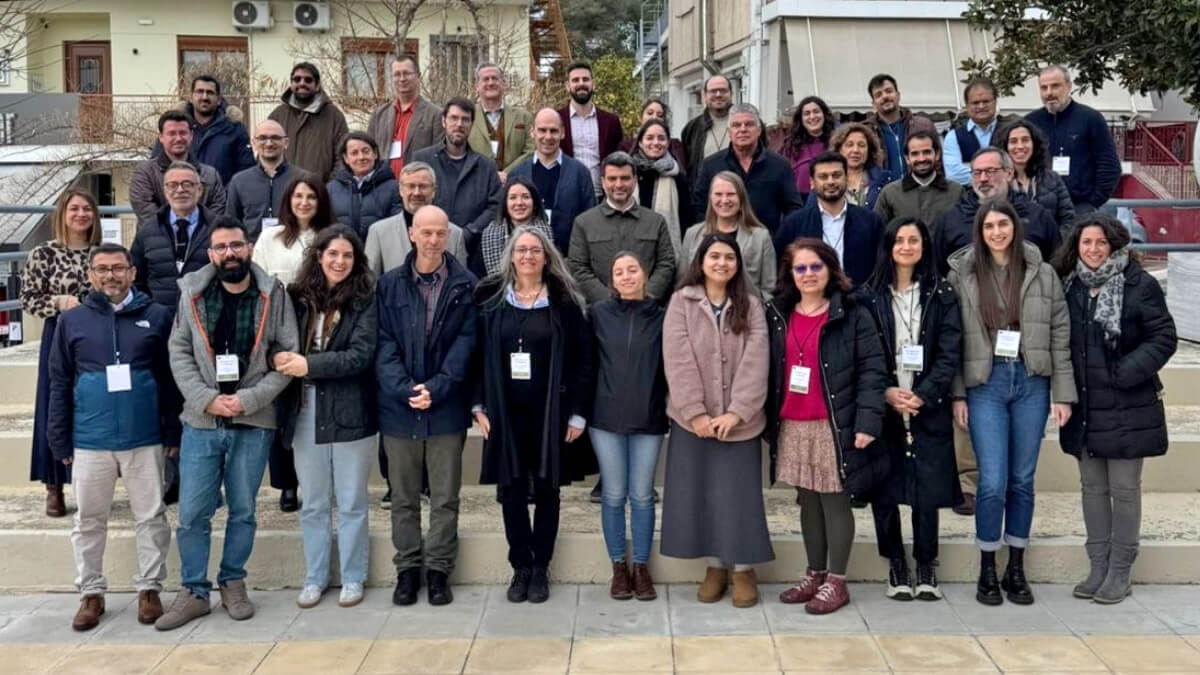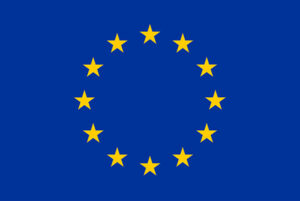
Climate-Adapt4EOSC project kicks off with success in Athens

The kick-off meeting of the Climate-Adapt4EOSC project was held on 4–5 February 2025 in Athens, Greece. The two-day meeting marked the formal launch of the four-year Horizon Europe project, which aims to reinforce climate resilience across Europe by embedding open science principles and data innovation into climate adaptation services.
Bringing together more than 40 participants from 18 organisations and 9 countries, the event was the first time consortium members met in person to discuss organisational matters and the first phase implementation of the project. Discussions revolved around the project’s mission, coordination, and practical ambitions.
The meeting was opened by Thanasis Sfetsos, project coordinator from the National Centre for Scientific Research Demokritos (NCSRD), who presented the overarching goals and scientific foundations of Climate-Adapt4EOSC. Sfetsos highlighted the urgency of bridging climate science and digital infrastructure in a coherent, interoperable way.
The intervention was followed by a contribution from Ute Gunsenheimer, who introduced the latest developments within the EOSC Association, reaffirming the central role of open science in achieving the EU’s climate and digital transition objectives.
The second day of the meeting was dedicated to the operational dimension of the project. A central session was devoted to the three service use cases that will drive the development and implementation of key Climate-Adapt4EOSC innovations:
- Digital Twins for Just Climate Urban Resilience Service (JustCURS) – A service led by NCSR Demokritos, the National Observatory of Athens, and Dimos Egaleo, aiming to support urban planners with dynamic models for inclusive and equitable resilience planning.
- OPENHIDRA – Coordinated by LNEC, Administração do Porto de Aveiro, and Associação CNCA, this service focuses on delivering tools for climate adaptation in coastal and low-lying areas by integrating sea level rise, flood risk, and infrastructure data.
- Shrink-Swell from Space to Earth Service (3SES) – Led by Artelia, DATA4, BRGM, and CSTB, this use case explores satellite-based and ground observation to assess geotechnical risks related to climate impacts, notably soil movement and ground instability.
Throughout the meeting, consortium members emphasised the importance of interoperability, reusability, and stakeholder engagement in the project’s technical and strategic approach. The event closed on a shared commitment to ensure that Climate-Adapt4EOSC delivers actionable, scalable and integrated services to support the EU Mission on Climate Adaptation.
Stay up to date with our LinkedIn page and our YouTube channel !

